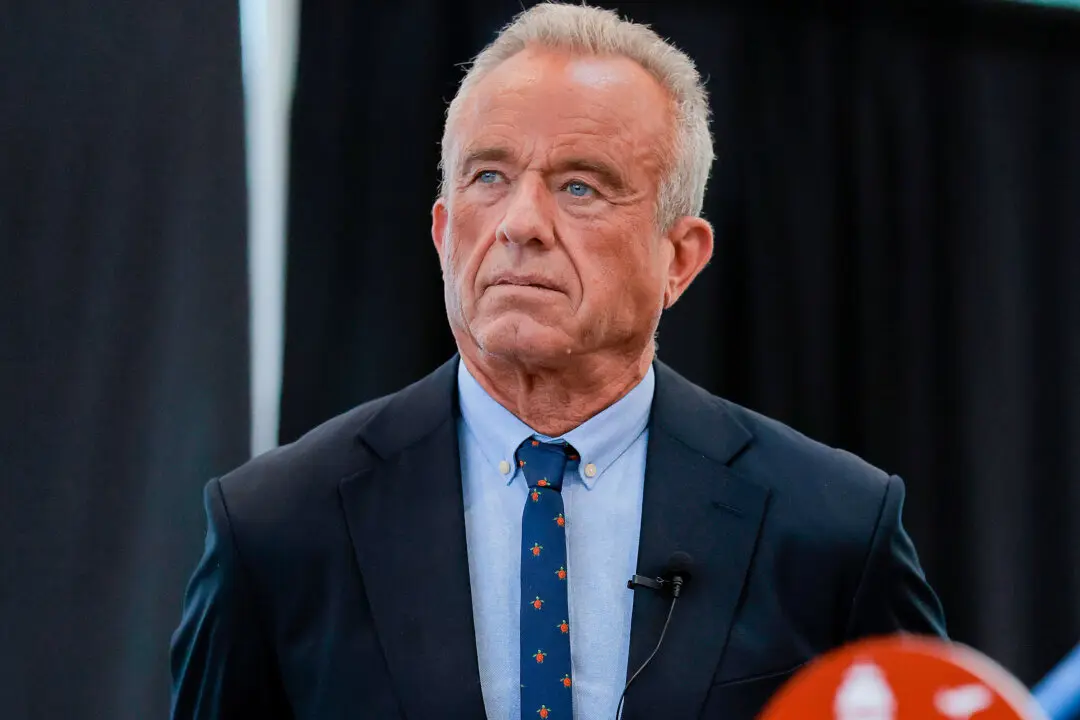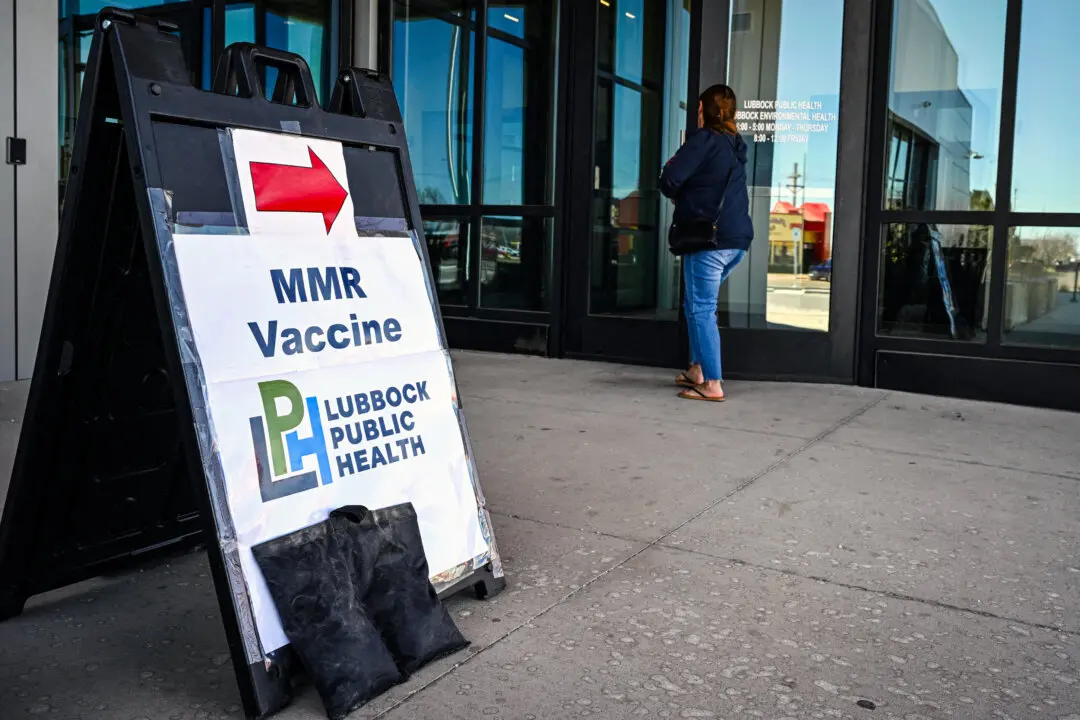Facebook and Instagram are illegally letting minors see graphic imagery, including pornographic materials, according to a new lawsuit.
Minor profiles operated by New Mexico investigators were exposed to nudity, pornographic videos, and sexually suggestive images of young girls, the suit states.





